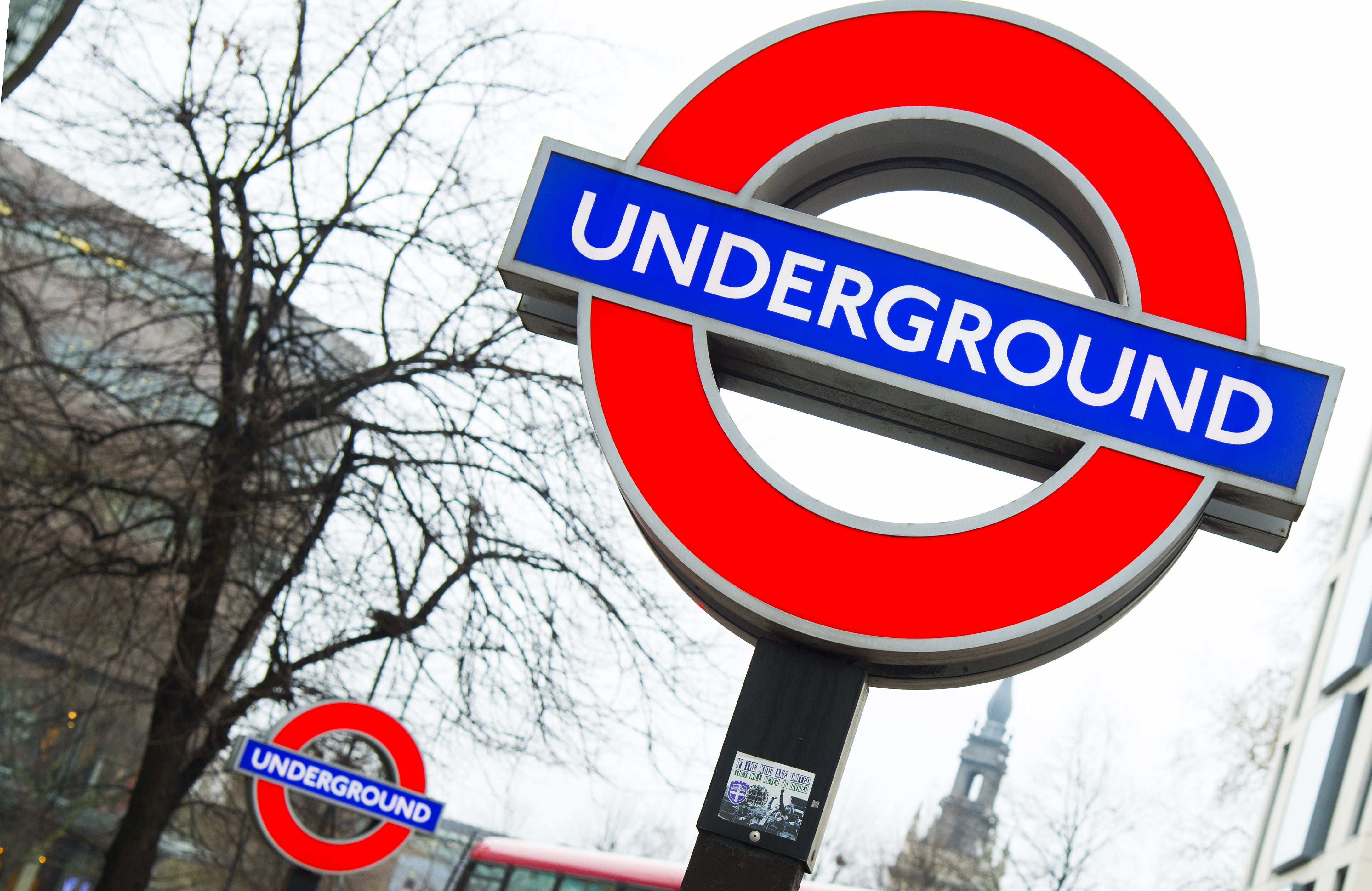What does pressure over wages mean when it comes to industrial action?
Mass picketing may be a thing of the past but a recent spate of strikes points to the need for a response to growing pressure for real increases in pay, writes Phil Thornton

Anyone who heard Arthur Scargill’s distinctive voice on a BBC programme to mark the 50th anniversary of his victory in the Saltley Gate coal depot dispute in February 1972 will have been taken back to a different era: not just in time but in labour relations.
The previous month had seen almost 5.5 million working days lost to industrial action, according to the Office for National Statics. The most recent figure is just 18,000 in January 2020. It is equally significant that the ONS has ceased updating the figures since then.
While few would want a return to the level of acrimony that saw more than 29 million days lost in the 1979 Winter of Discontent and 27 million in 1984 at the peak of Scargill’s clash with Margaret Thatcher, many would agree that the pendulum has swung back too far.
Subscribe to Independent Premium to bookmark this article
Want to bookmark your favourite articles and stories to read or reference later? Start your Independent Premium subscription today.
Join our commenting forum
Join thought-provoking conversations, follow other Independent readers and see their replies